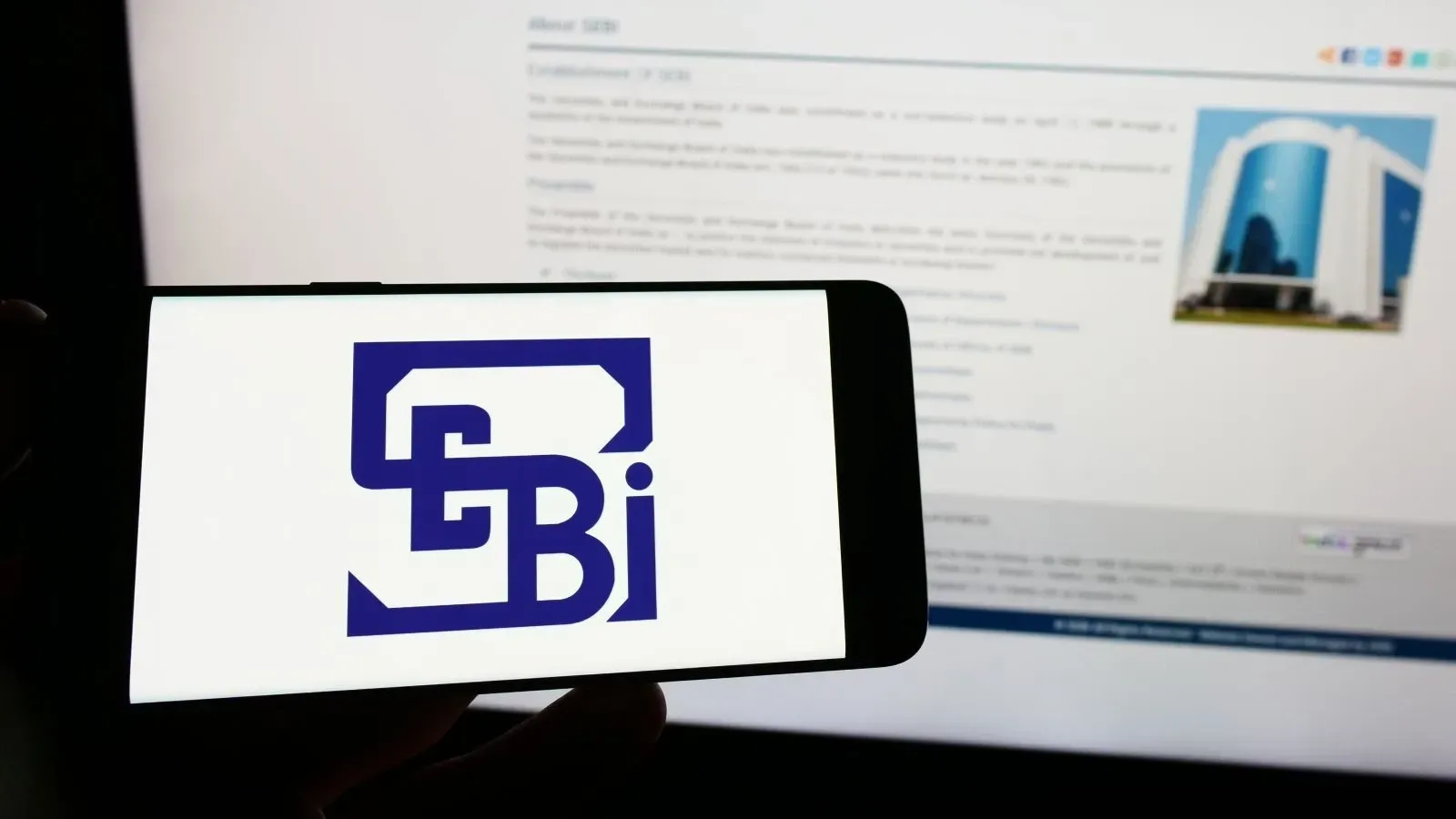Market News
Easier IPO norms, SWAGAT-FI for foreign investors: 10 key takeaways from SEBI’s board meet
.png)
4 min read | Updated on September 15, 2025, 12:04 IST
SUMMARY
SEBI Chairman Tuhin Kanta Pandey confirmed that the regulator is close to giving its nod for the much-awaited NSE IPO. With several legacy issues resolved under the new NSE leadership, the bourse is preparing for a listing that could take place in the next 8–9 months, once formal approvals are in place.

SEBI has eased listing norms for companies with market capitalisation between ₹50,000 crore and ₹1 lakh crore. Image: Shutterstock
The Securities and Exchange Board of India (SEBI) has cleared a series of reforms designed to simplify market access, enhance transparency, and strengthen the governance framework of capital markets. At its board meeting held on Friday, September 12, the market regulator approved measures that will impact large corporates preparing for IPOs, foreign portfolio investors, and investment vehicles like Real Estate Investment Trusts (REITs) and Infrastructure Investment Trusts (InvITs).
Easier IPO norms for large companies
SEBI has eased listing norms for companies with market capitalisation between ₹50,000 crore and ₹1 lakh crore. Such firms will now be required to list 8% of their equity instead of the earlier 10%. Moreover, they will be given five years instead of three to meet the minimum public shareholding (MPS) requirement of 25%.
The move will reduce the immediate dilution burden for mega companies such as Reliance Jio and the National Stock Exchange (NSE), both of which are seen as potential IPO candidates in the near term, analysts said.
NSE IPO likely within a year
SEBI Chairman Tuhin Kanta Pandey confirmed that the regulator is close to giving its nod for the much-awaited NSE IPO. With several legacy issues resolved under the new NSE leadership, the bourse is preparing for a listing that could take place in the next 8–9 months, once formal approvals are in place.
New threshold-based framework for related party transactions To better protect minority shareholders, SEBI has introduced a turnover-linked materiality framework for related party transactions (RPTs). For entities with turnover up to ₹20,000 crore, transactions above 10% will be deemed material. For larger firms, absolute thresholds of ₹2,000–5,000 crore have been set, with an overall ceiling of ₹5,000 crore. This ensures that large related-party dealings do not bypass investor scrutiny.
Broader definition of strategic investor under REITs and InvITs
The regulator has expanded the scope of “strategic investors” by including Qualified Institutional Buyers (QIBs) and certain categories of Foreign Portfolio Investors (FPIs). This change is expected to attract more long-term institutional capital into REITs and InvITs, which are critical funding sources for real estate and infrastructure sectors.
REITs to be classified as equity
In a major change for fund managers, SEBI has decided to classify REITs as equity instruments for the purpose of investments by mutual funds and specialized investment funds, while retaining the “hybrid” classification for InvITs. This move is aimed at encouraging higher mutual fund participation in real estate-backed assets, providing a further push to India’s commercial property markets.
Single window clearance for trusted foreign investors
SEBI has approved the launch of SWAGAT-FI (Single Window Automatic & Generalised Access for Trusted Foreign Investors). The framework simplifies entry for low-risk foreign investors by providing a unified registration system across multiple investment routes, reducing repeated documentation, and easing compliance. This reform is part of government’s larger effort to strengthen its position as a preferred investment hub for global capital.
Stronger governance norms for market infrastructure institutions The board also approved measures to tighten corporate governance standards at critical market infrastructure institutions like stock exchanges, clearing corporations, and depositories. The aim is to enhance accountability and transparency within entities that serve as the backbone of India’s financial markets.
Rising FPI registrations despite outflows concerns
SEBI disclosed that about 100 FPIs are registering in India every month, a pace faster than last year. The total number of registered FPIs has now crossed 12,000, compared to 10,500 a year ago. This trend suggests that despite sporadic outflows, global investors continue to view India as an attractive market.
Boost to participation in REITs and InvITs
By expanding investor eligibility and reclassifying instruments, SEBI expects to increase investor inflows into REITs and InvITs. This will not only deepen capital market participation but also help mobilize long-term financing for India’s infrastructure and real estate sectors.
Extension of deadline for comments on closing auction
SEBI extended the deadline by a week till September 19 for public comments on its consultation paper proposing the introduction of a closing auction session (CAS) in the equity cash segment.
Markets regulator Sebi on Friday extended the deadline by a week till September 19 for public comments on its consultation paper proposing the introduction of a closing auction session (CAS) in the equity cash segment.
The regulator had released the consultation paper on August 22. Earlier, Sebi had invited comments from stakeholders and the public by September 12.
About The Author

